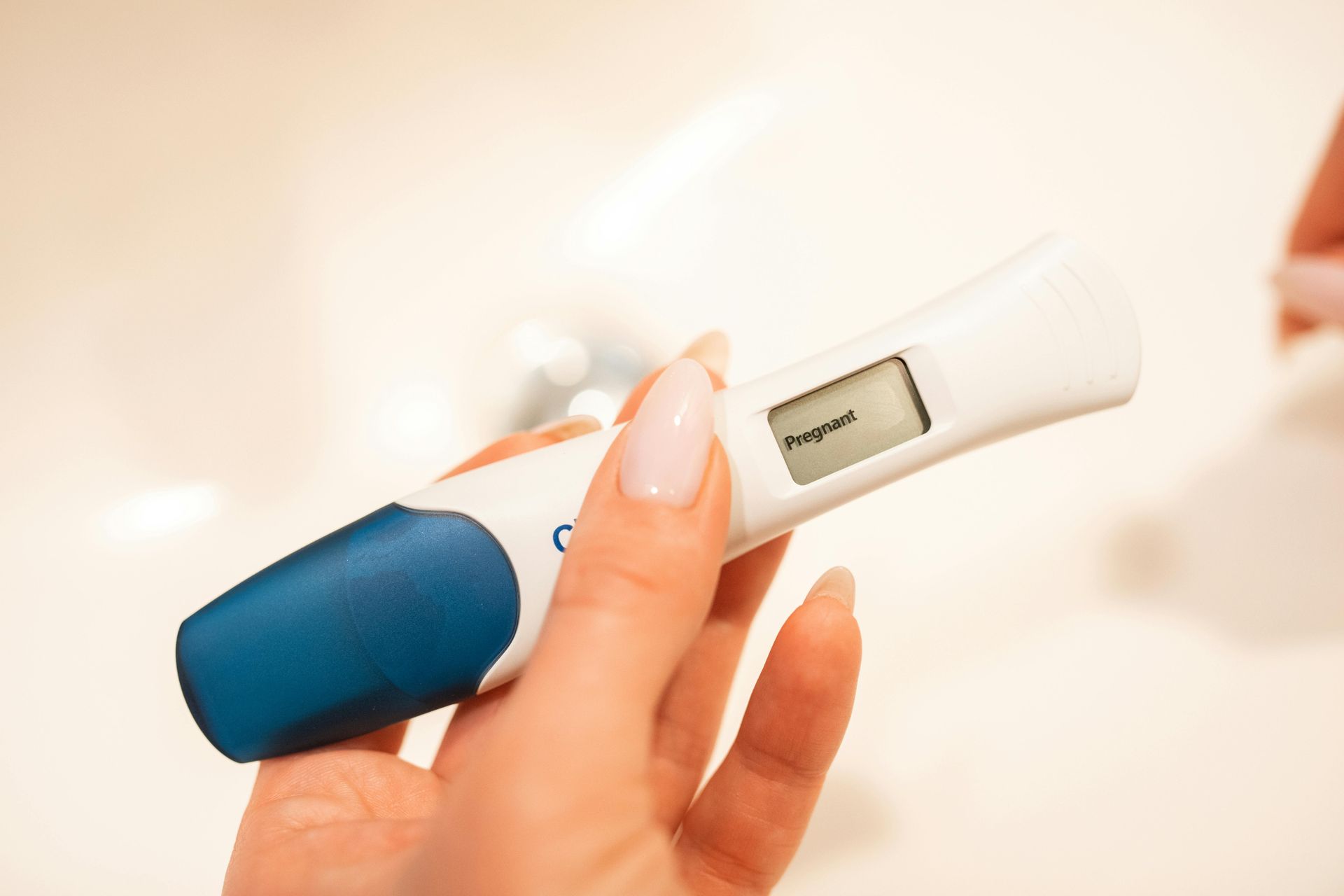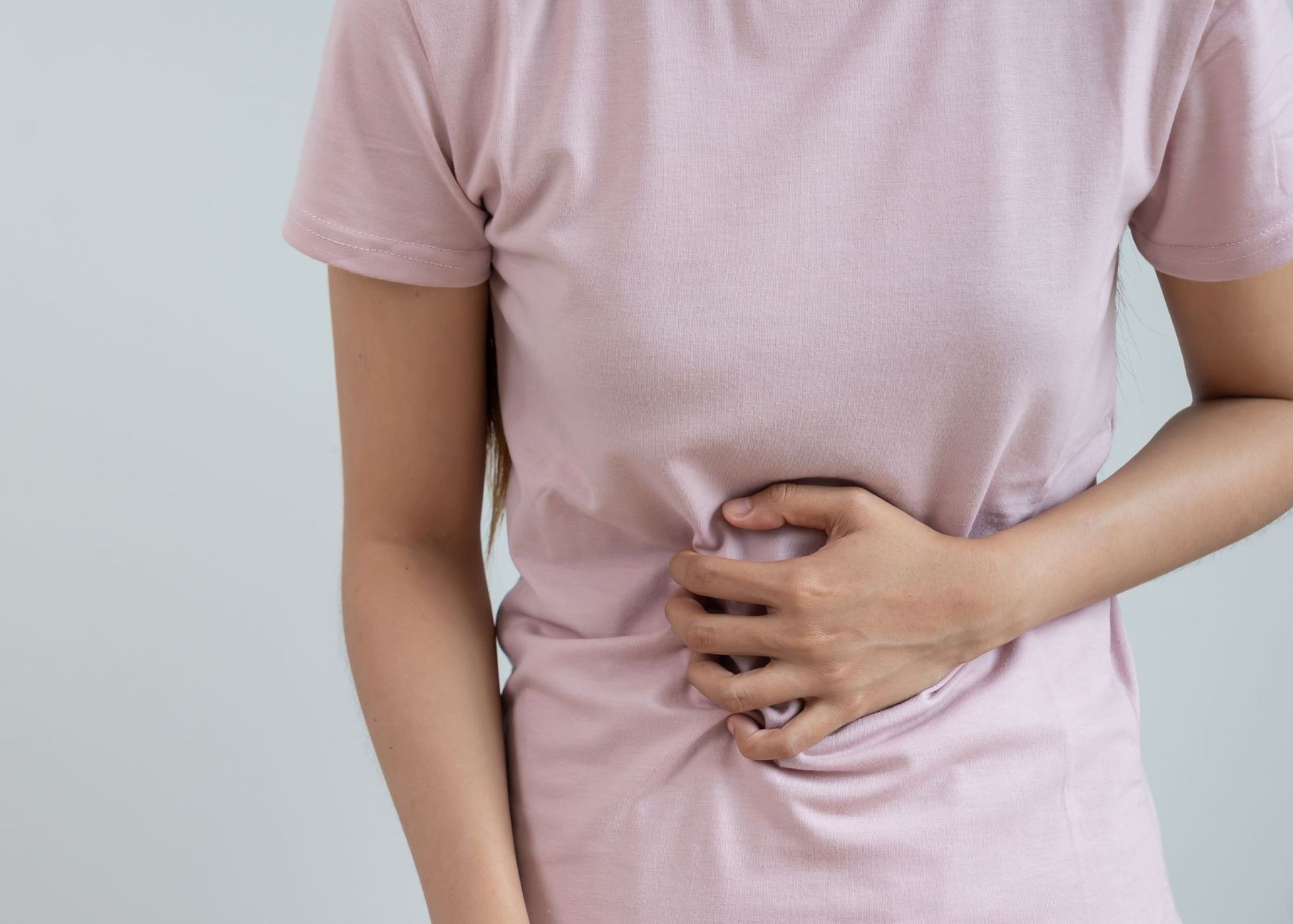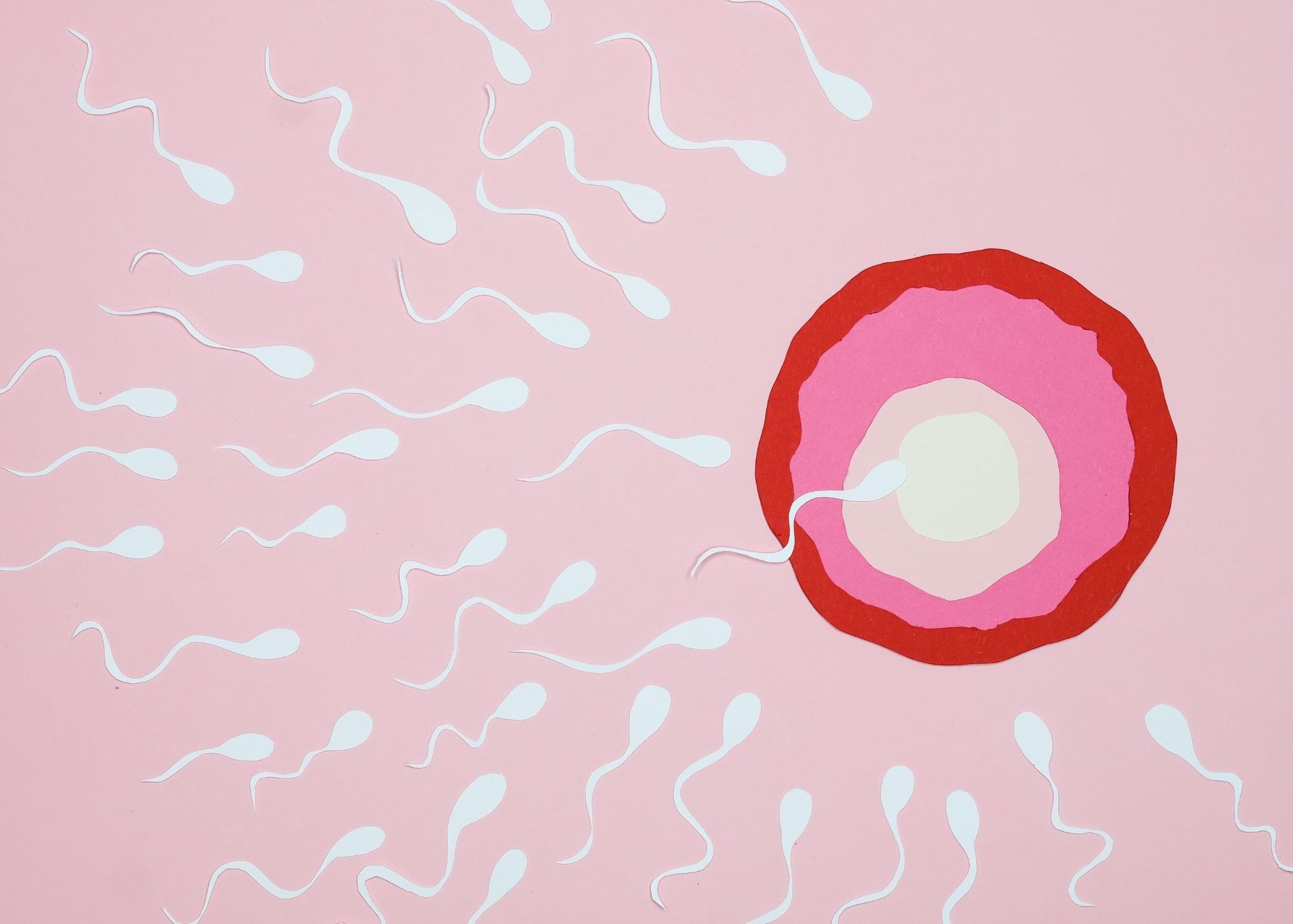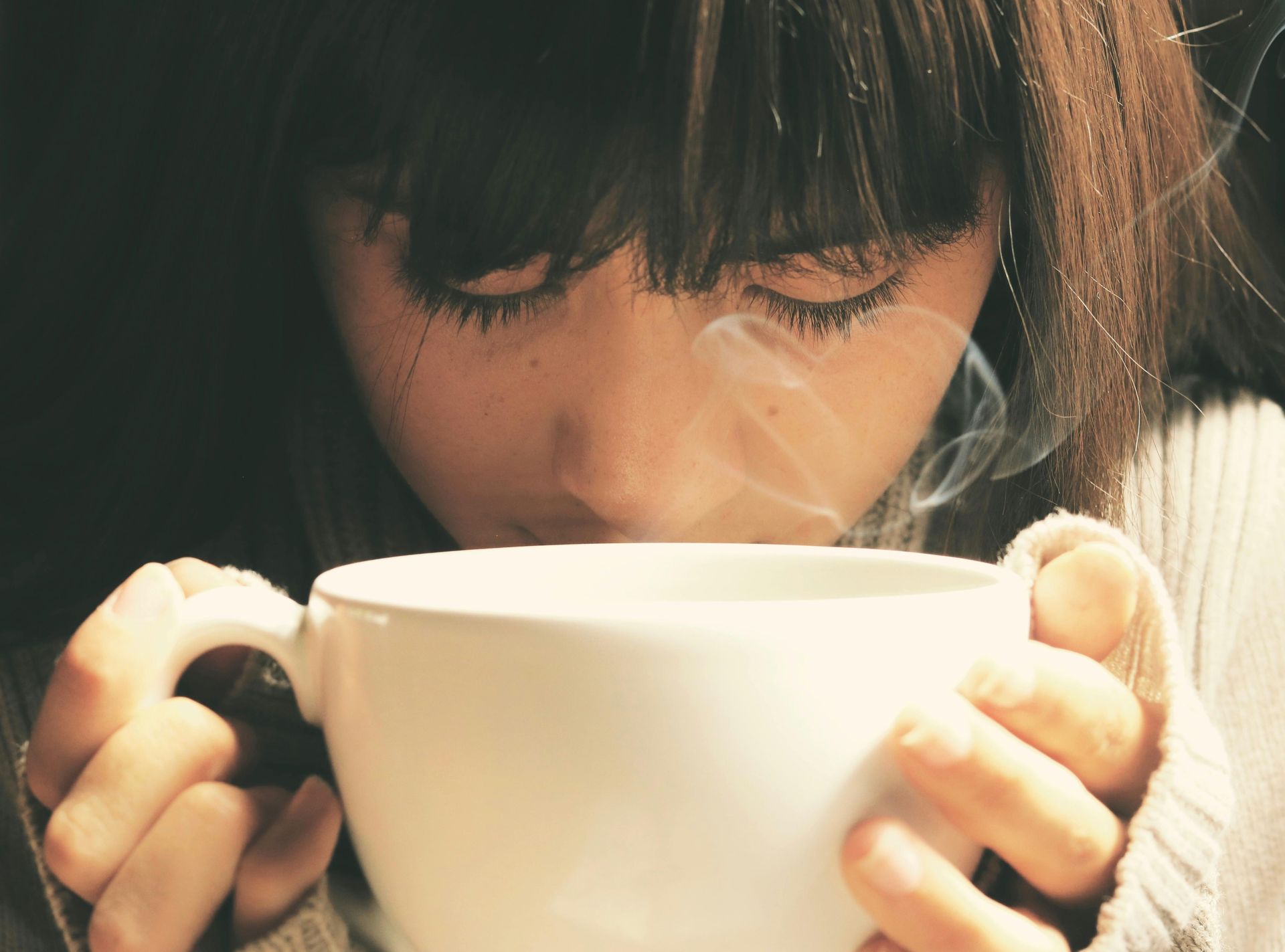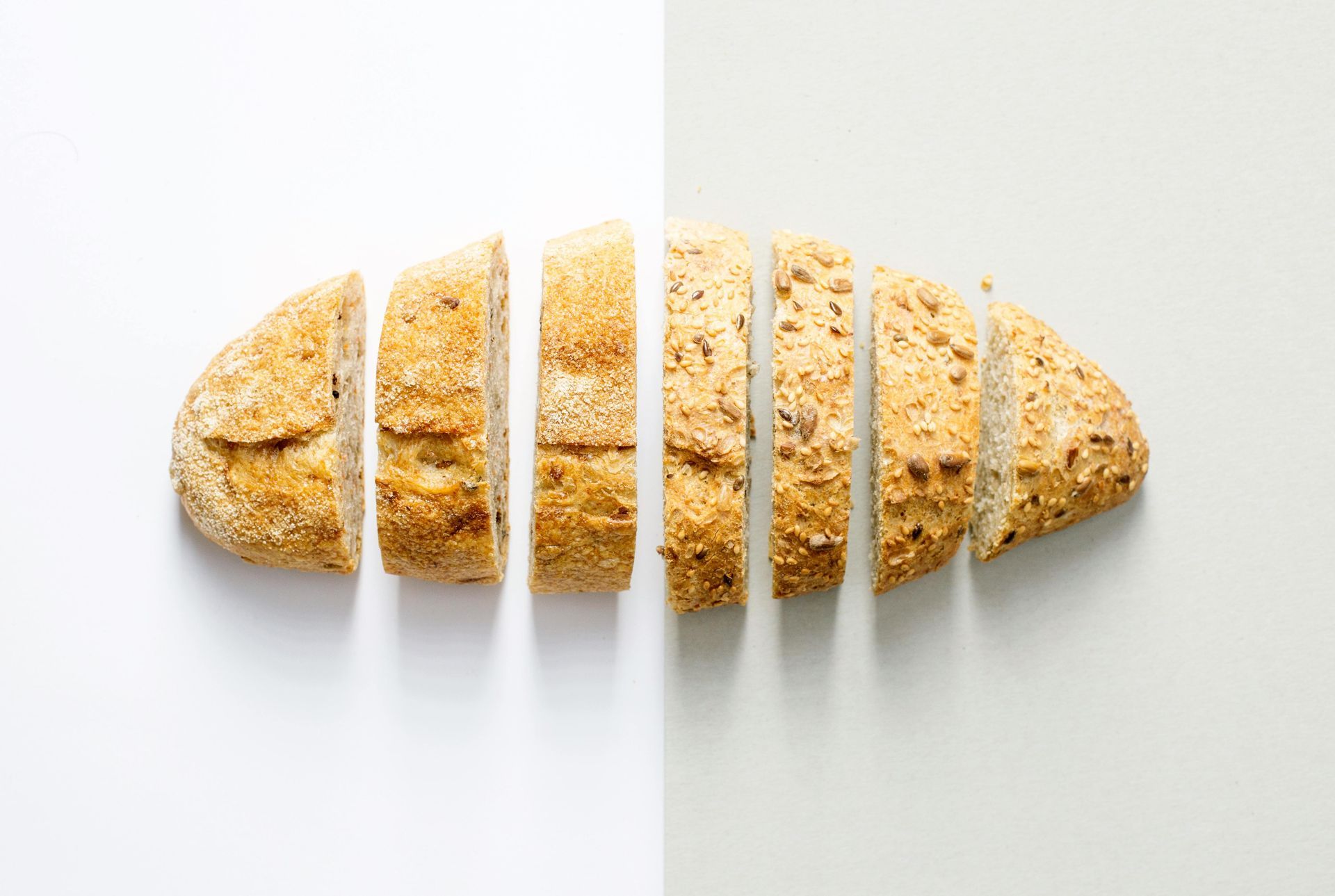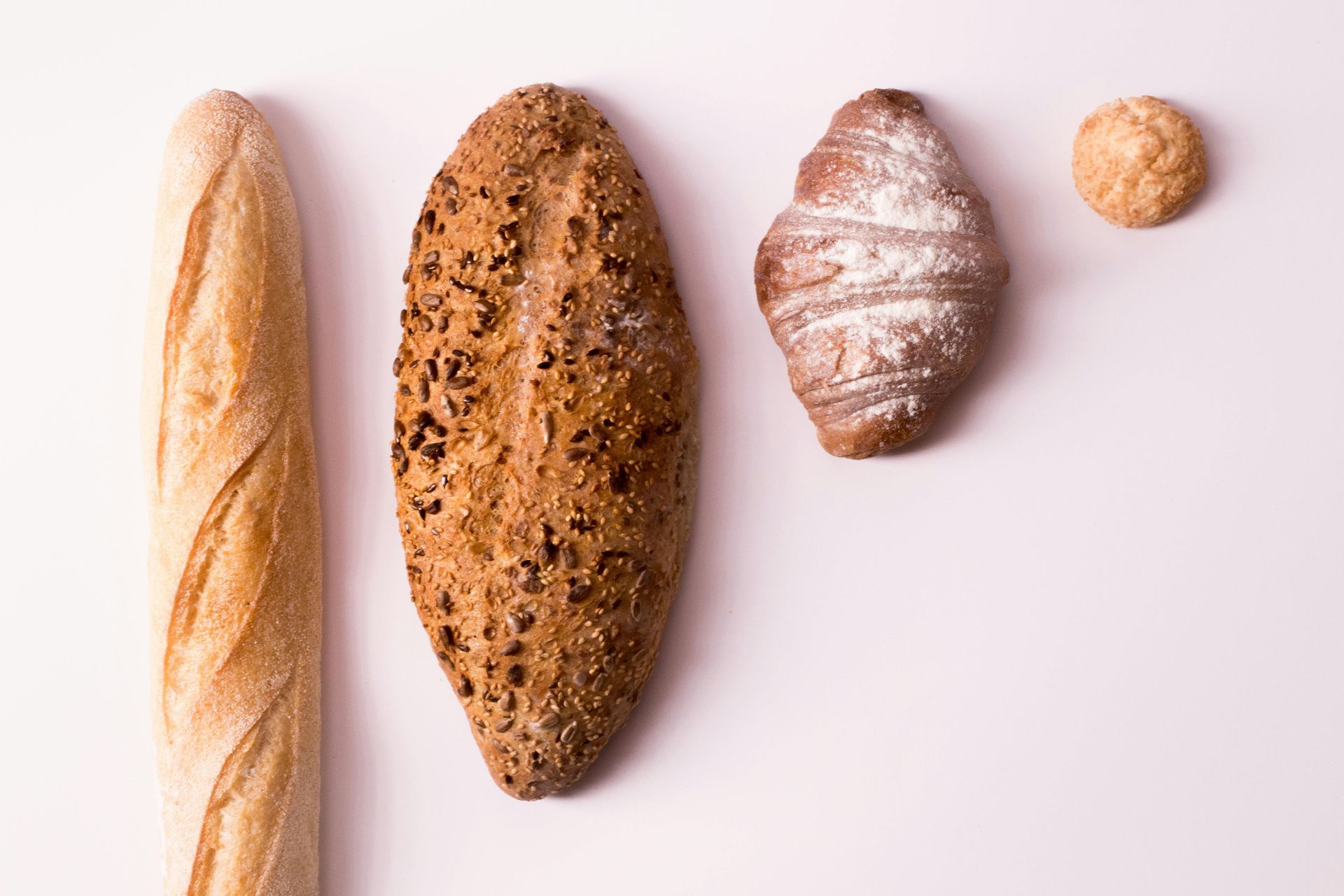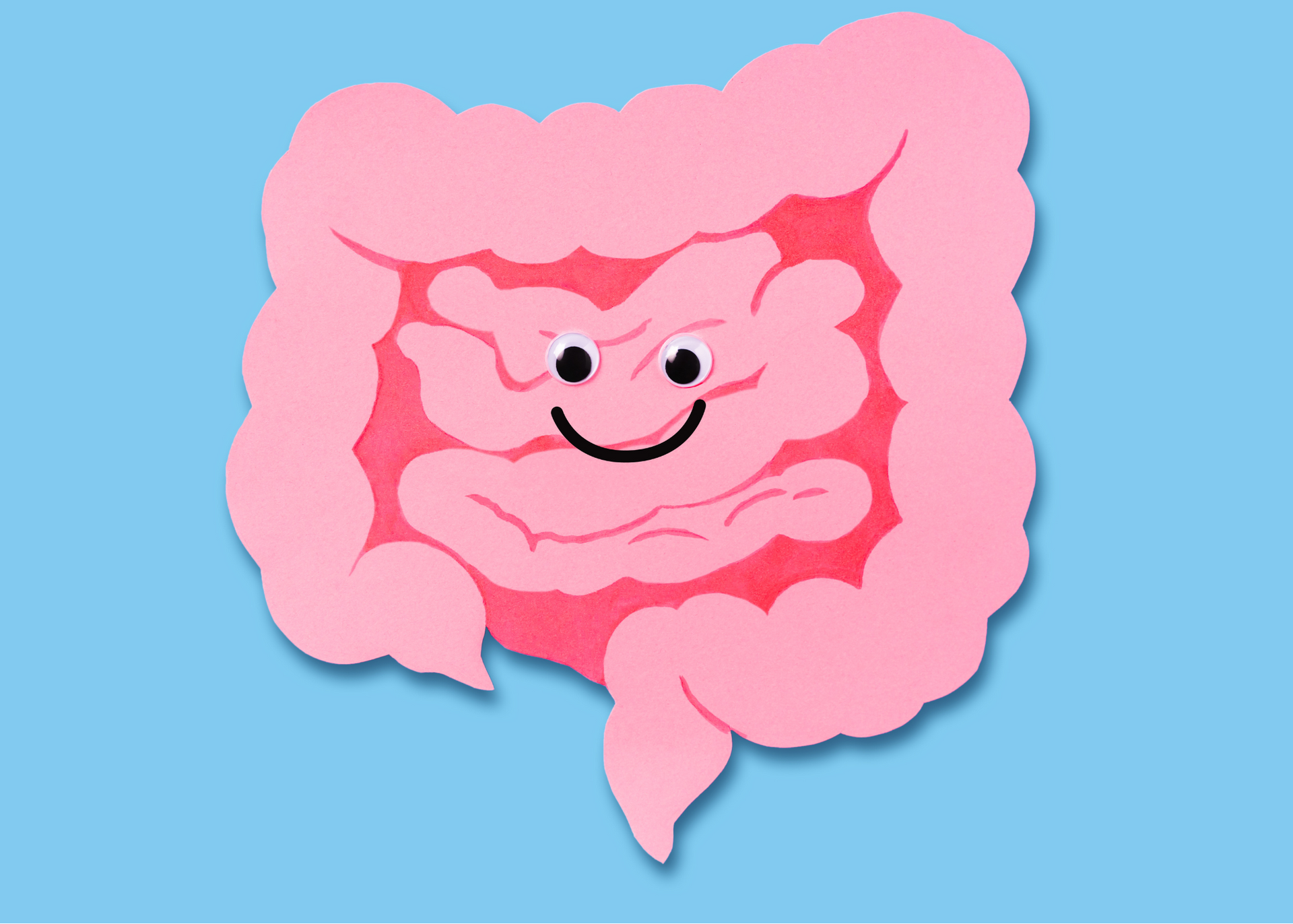The 10 Best Teas for Hormone Balance
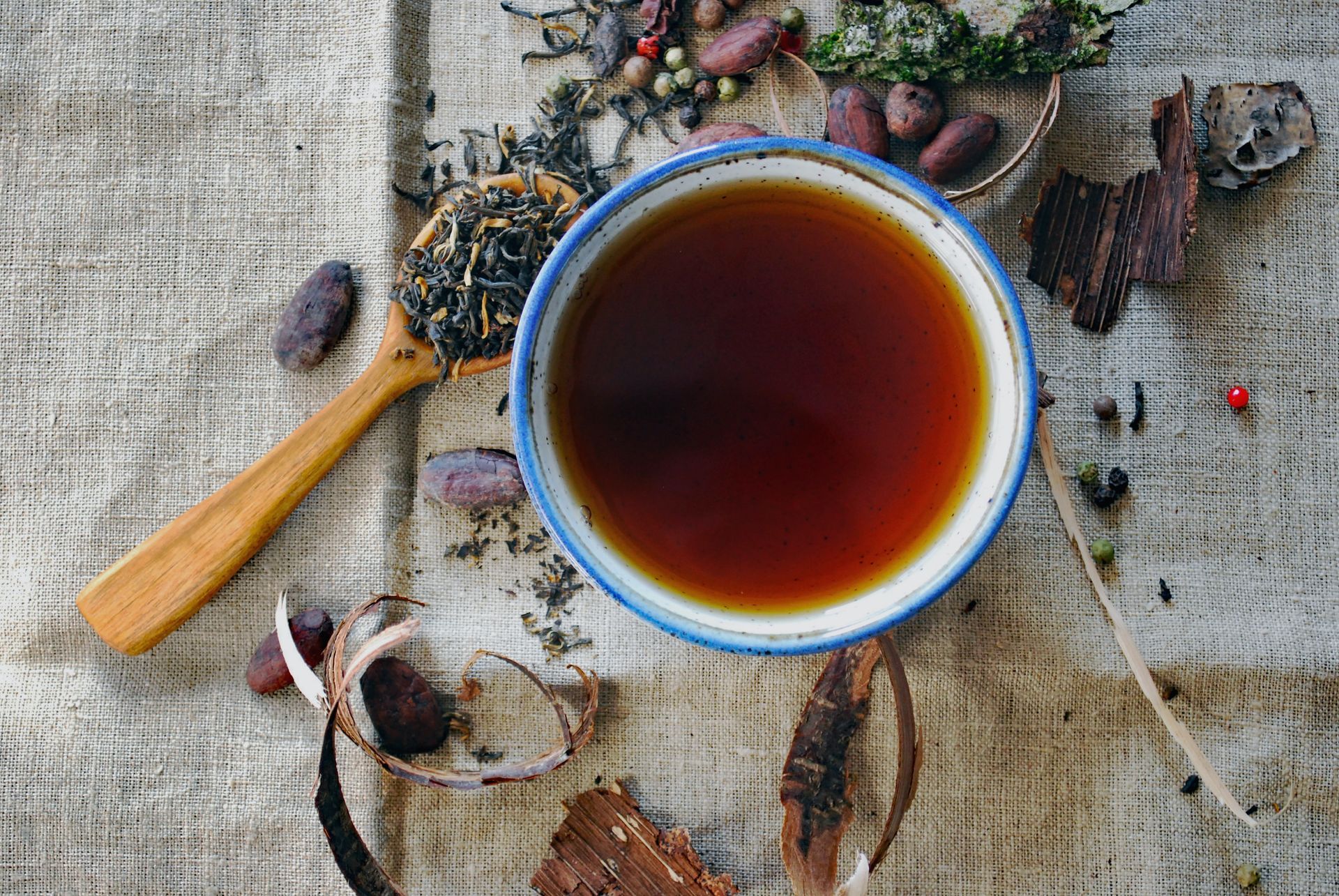
Want my top teas for hormone balance in a free, downloadable PDF?
Fill out the form below and I'll send it to you!
In a recent blog post I shared my top ten favorite supplements for hormone balance.
It got me thinking about other simple shifts we can make to support
hormone balance, and this time of year I can’t think of a better choice than tea.
Tea has been used for thousands of years for its health benefits. The health-promoting properties of tea are vast and they continue to evolve as our knowledge grows.
When it comes to hormone balance, tea serves many purposes. It has the power to calm your nervous system, boost your immune system, support digestion, and more.
In this article I’ll share:
- My top ten favorites teas for hormone balance
- The science and research behind them
- The importance of a holistic approach to hormone balance
- Where to go from here if you're struggling with your hormones
My Top Ten Favorite Teas for Hormone Balance
I didn’t start drinking hot tea until I was in college. I came down with a virus and my sore throat lingered for months. After hundreds of cough drops and no relief, I turned to tea!
Throat Coat tea was my best friend, and it sparked my interest in herbal teas in general.
Over the last six years of owning my virtual practice, I’ve fallen more and more in love with tea. It’s incredible how powerful a cup of tea can be.
Many teas contain compounds that can support hormonal balance, and each tea has unique hormonal benefits.
Let’s dive into my top ten favorites!
1. Green Tea/Matcha
Matcha is having a moment - and for good reason. It’s delicious and great for your health.
Matcha is the pulverized version of a specific type of green tea leaves. These green tea leaves spend a lot of time in the shade which boosts its L-theanine content.
L-theanine has a ton of health benefits like boosting focus, increasing alpha brain waves (brain waves activated during meditation), reducing PMS, and increasing the feel-good hormone serotonin.
Matcha also contains a stronger concentration of other important nutrients and antioxidants that are found in regular green tea.
Both matcha and green tea are rich in polyphenols, especially catechins. Catechins have antioxidant effects, meaning they fight oxidative stress and reduce inflammation, both of which can improve hormone balance.
I switched from a daily cup of coffee (or two or three) to matcha and it has been a game changer for my hormones! I no longer experience an afternoon energy crash, and it has allowed me to
heal my adrenals.
Want to give matcha a try? Check out
my favorite brand, and use code “ TAYLOR10 ” for 10% off your first order.
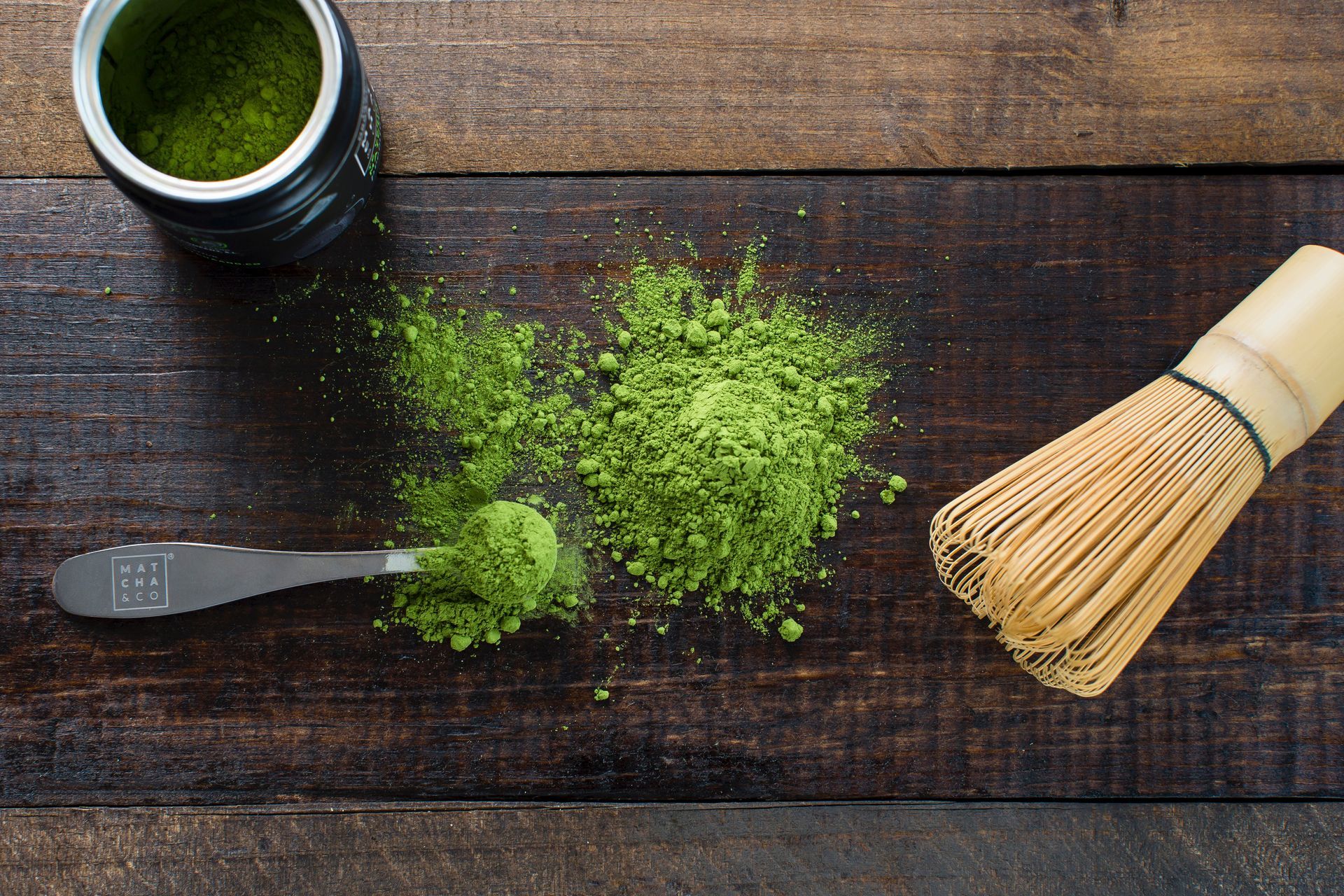
2. Red Raspberry Leaf Tea
Red raspberry leaf tea is renowned for its health benefits for women, mainly because of its rich antioxidant and tannin content.
Raspberry leaf tea is also known to help relax the uterine muscles which can help ease menstrual cramps. It can also improve other PMS symptoms like nausea, vomiting and diarrhea.
Many women use red raspberry leaf during pregnancy to reduce morning sickness and strengthen the uterine muscles. Some women even use red raspberry leaf to
facilitate easier labor, but the evidence behind this claim is limited so the jury is still out.
Consuming raspberry leaf tea may
increase milk supply and boost the antioxidant content of breastmilk as well according to a research study. It’s important to note that the women in this study drank a tea blend that contained raspberry leaf tea in combination with other herbs like fennel and hibiscus, so it’s not clear if the effect can be fully attributed to raspberry leaf alone.
3. Milk Thistle Tea
Milk thistle contains a compound called silymarin that helps the body breakdown estrogen and supports the liver so it can metabolize and remove the excess from the body. This supports hormone balance by keeping estrogen levels healthy and prevents symptoms of estrogen dominance.
Milk thistle is considered a bitter herb that supports gut health by stimulating digestion, making it a great choice before or after meals to support healthy digestion too. A healthy gut means healthier hormones!
4. Passion Flower Tea
Passion flower is commonly used as a natural remedy for anxiety, stress and sleep. Because hormone balance is negatively impacted by chronic stress and poor sleep, it may indirectly support healthy hormone balance, especially of the stress hormone, cortisol.
Passion flower also contains antioxidants that help fight oxidative stress and reduce inflammation, supporting overall hormone balance.

5. Red Clover Tea
Red clover is rich in isoflavones, compounds that are similar in structure to human estrogen. Isoflavones are considered phytoestrogens, meaning they have mild estrogenic effects and can ease symptoms associated with low estrogen.
Red clover has also been shown to
relieve symptoms of menopause like hot flashes and night sweats. Estrogen plays a role in maintaining bone density, and during menopause, declining estrogen levels can contribute to bone loss. The phytoestrogens in red clover may provide a mild estrogenic effect that can support bone health in postmenopausal women.
Red clover also contains anti-inflammatory and antioxidant compounds that can contribute to overall hormonal balance.
6. Hibiscus Tea
Hibiscus is a rich source of antioxidants, flavonoids and polyphenols which help neutralize free radicals, reduce oxidative stress and lower inflammation in the body. By reducing inflammation, hibiscus may support a healthier hormonal environment.
Hibiscus is also known for its liver supporting effects and since the liver is responsible for hormone metabolism, it can be beneficial for hormone balance.
Other studies have found hibiscus improves markers of
metabolic syndrome caused by blood sugar issues. The anti-inflammatory properties of hibiscus are the likely reason behind its ability to improve insulin sensitivity, making glucose metabolism more effective.
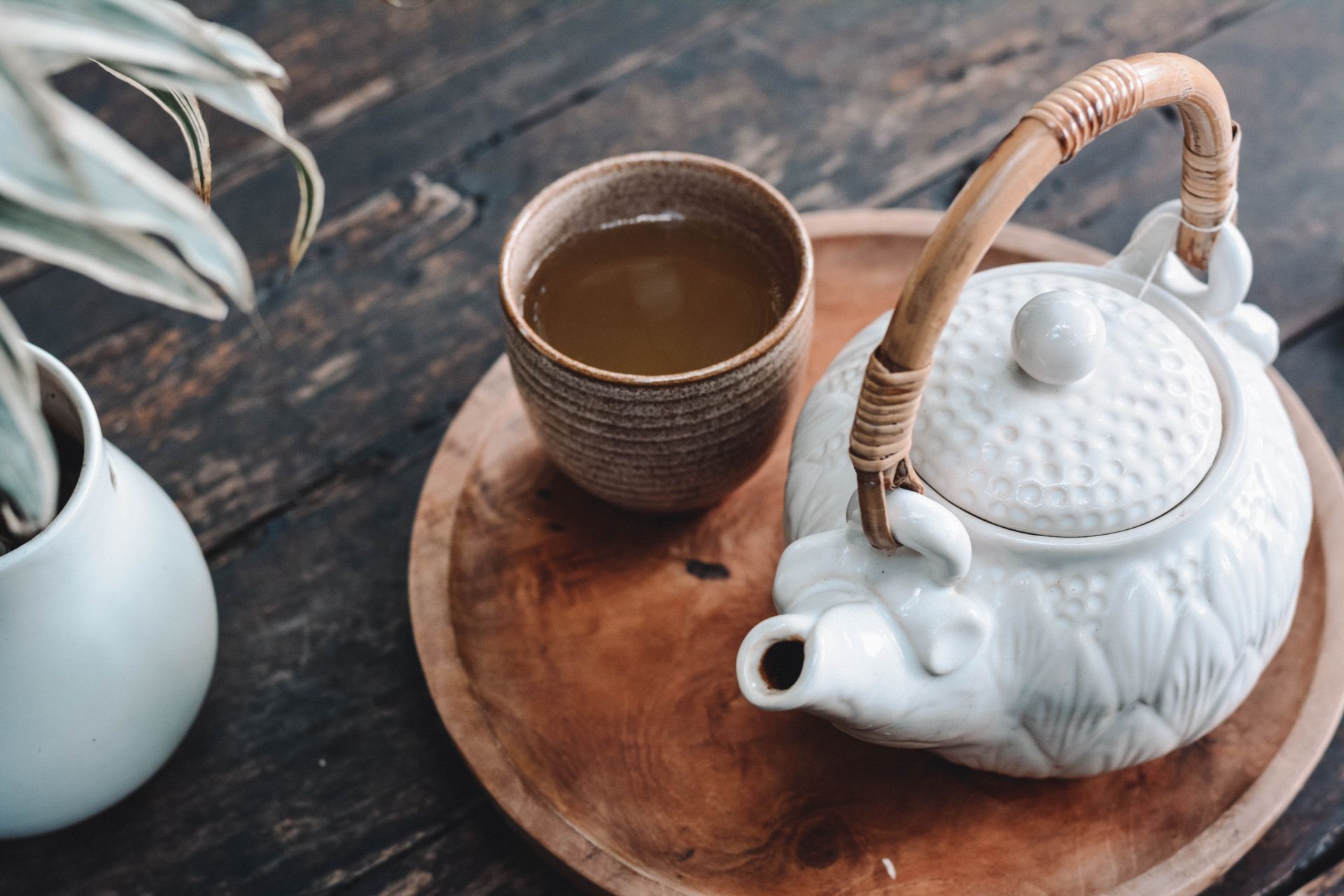
7. Licorice Root Tea
Licorice root contains compounds that can support the adrenals and help the body adapt to stress, which supports hormone balance. It also has mild estrogenic effects that can help manage hormonal fluctuations and symptoms of menopause like hot flashes.
Licorice root tea is often used to support digestive health and reduce inflammation in the gut, which indirectly supports hormonal balance. It’s something I recommend frequently for acid reflux and heartburn, while we work on the root cause.
Additional studies show licorice can
reduce testosterone levels in women, making it a promising treatment for women struggling with PCOS. It also helps
reduce the side effects of common medications prescribed for women with PCOS like spironolactone.
8. Spearmint Tea
Spearmint tea has been studied for its ability to positively affect androgens, which are often elevated in women with PCOS. Both men and women make androgen hormones, but women are supposed to make them in small amounts and if they make too many it contributes to unpleasant symptoms like hirsutism (excessive hair growth), acne, decrease in breast size, and irregular periods.
Some studies suggest that spearmint tea has
anti-androgenic effects, meaning it may help reduce high levels of androgens in the body. This has the power to regulate menstrual cycles, reduce excess hair growth, and clear up acne if high androgen levels were to blame.
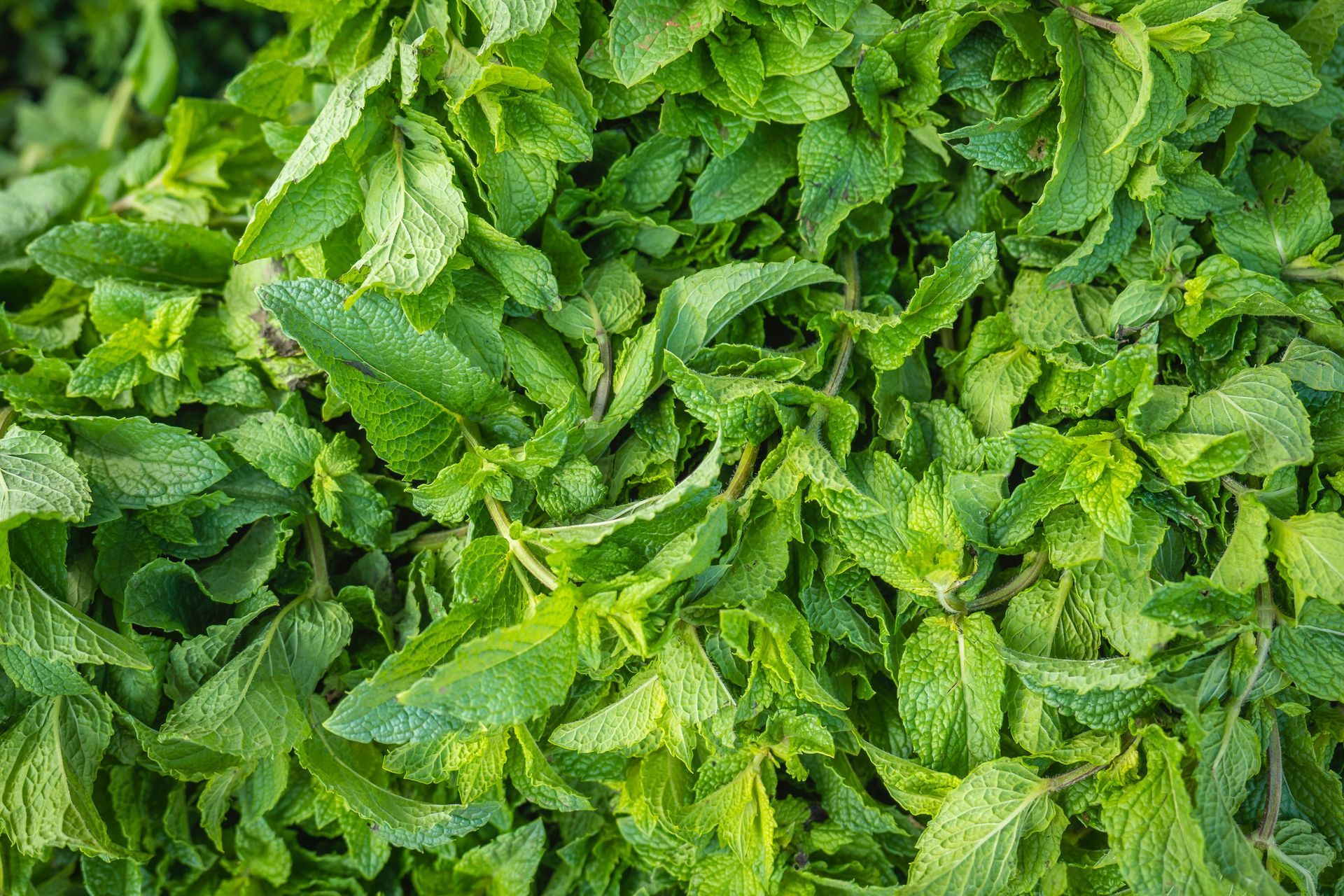
9. Ginger Tea
Ginger root is well-known for its anti-inflammatory and pain-relieving effects, reducing the flow from heavy menses and easing the associated discomfort. Ginger is effective for period cramps and can reduce nausea and vomiting during pregnancy.
Studies show that the flavonoids and phytoestrogen compounds in ginger can help
balance the estrogen to progesterone ratio and are useful in the management of PCOS.
Starting your morning with warm ginger tea is a great way to rehydrate your body, soothe your digestive tract, and support hormone balance.
10. Lemon Balm Tea
Lemon balm is a relaxing herb that helps regulate menstrual periods and relieve PMS symptoms like cramping, water retention, insomnia, anxiety and irritability. Lemon balm may also improve low sex drive, desire, arousal and sexual satisfaction.
This tea is particularly beneficial for supporting mood, and helps women feel calm and relaxed. I love drinking a soothing cup of lemon balm tea in the evening to help me sleep, and many of my clients have found it helpful as well.
Lemon balm tea is widely available and a great way to incorporate the herb, but
supplemental lemon balm is also available for women who don’t want to drink the tea.
Holistic Approach to Hormone Balance
Tea can be a helpful tool on your hormone balancing journey, but if you have an unhealthy diet and lifestyle you’re going to be disappointed with the results.
I recommend focusing on the foundations of hormonal health first, like adopting a
hormone balancing diet, moving your body on a regular basis (but not overdoing it), managing your stress levels, and getting enough high-quality sleep.
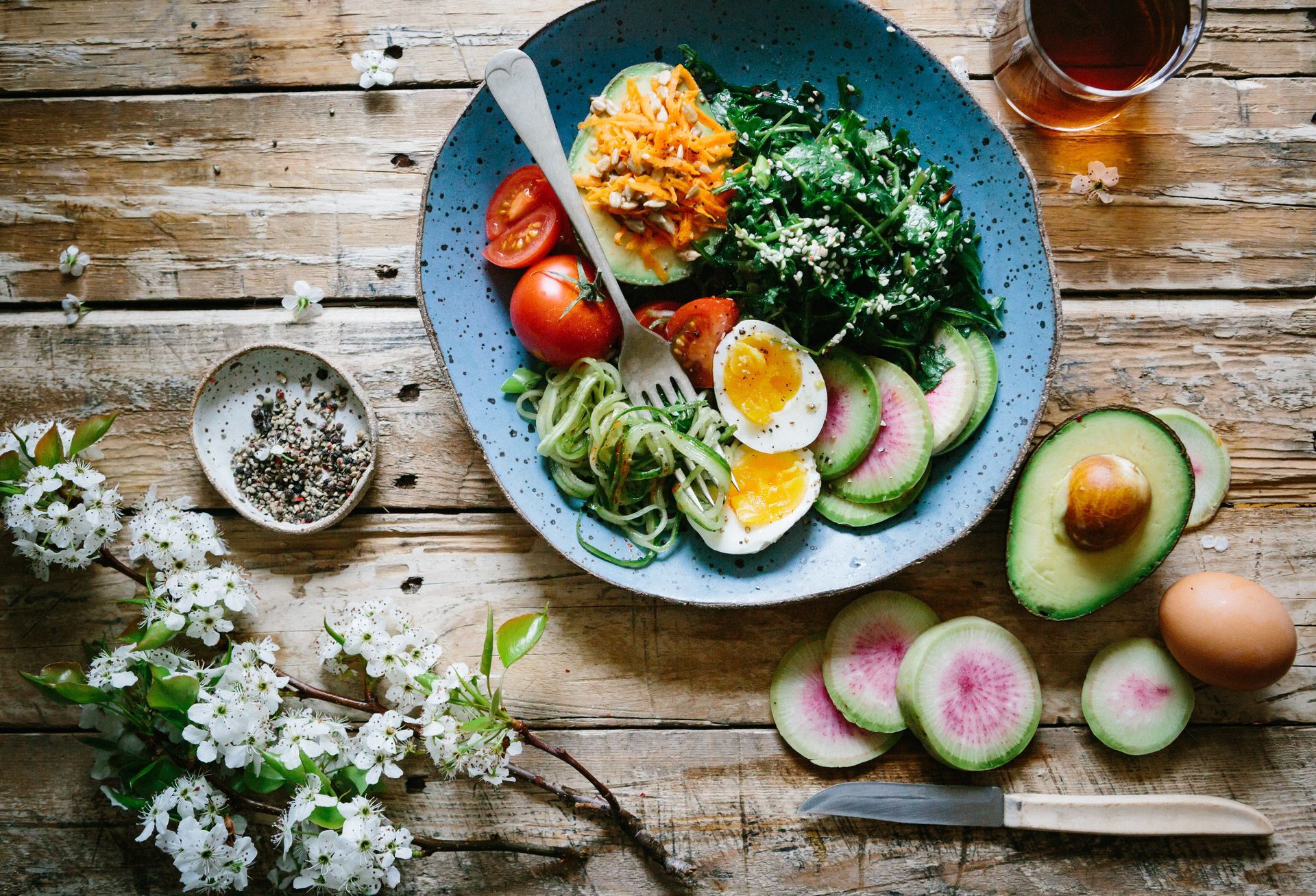
Final Thoughts
Regularly drinking hormone balancing teas not only supports hormone balance, but has the added benefit of increasing your antioxidant intake, reducing inflammation, and supporting gut health and detoxification too.
Don’t feel like you need to include all of these at once. Pick one to start with based on your body’s needs and build from there. Keep in mind that the tea you need now may not be the tea you need in three months - it’s normal for your body’s needs to change!
And remember- tea isn’t going to magically heal your hormones on its own. Foundational habits like nutrition, lifestyle, and targeted supplements are key.
If you want advanced testing, personalized guidance, and a comprehensive approach to hormonal balance, book a discovery call here.
We'll help you understand your body and give you simple, actionable steps to reclaim your hormones and feel like yourself again.
Continue Reading
